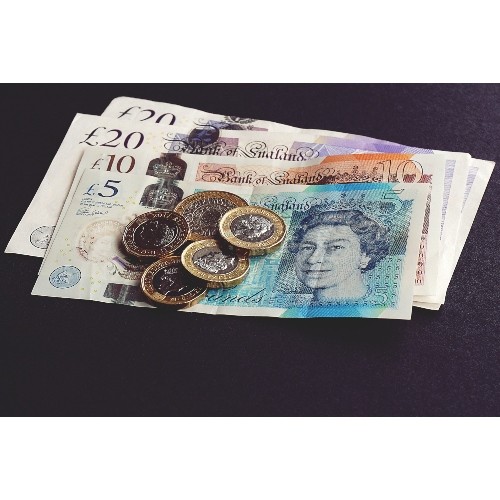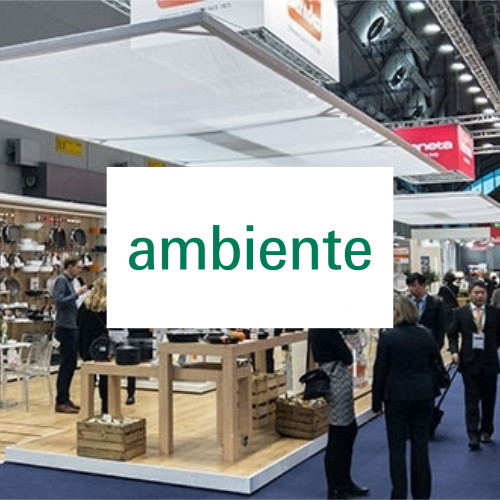The British Independent Retailers Association has said recent figures from the BRC-Nielsen Shop Price Index are encouraging for retailers.
Speaking about the report, which can be downloaded here, BIRA, which works with over 6,000 independent businesses of all sizes across the UK, said now is the time for policy makers to support the high street.
Also reported:
- Shop price annual inflation eased to 0.2% in June, down from 0.6% in May. This is below the three-month average rate of 0.5%. Shop price annual growth is its lowest since October 2021.
- Non-Food remained in deflation at -1.0% in June, down from -0.8% in the preceding month. This is below the three-month average rate of -0.8%. Inflation is its lowest since October 2021.
- Food inflation decelerated to 2.5% in June, down from 3.2% in May. This is below the three-month average rate of 3.0% and is the fourteenth consecutive deceleration in the food category. Inflation is its lowest since December 2021.
Andrew Goodacre, BIRA ceo said: “These latest inflation indicators are again encouraging and show that retailers are doing their best to create economic growth. With shop price annual inflation easing to just 0.2% in June, we’re seeing retailers’ efforts bear fruit. These figures present two key opportunities.
“Firstly, for the Bank of England to reduce interest rates, which could further stimulate consumer spending. The second opportunity is for the new government to address the concerns of retailers by reducing the heavy burden of business rates and reforming corporation tax for smaller retailers. With food inflation decelerating and non-food prices in deflation, it’s clear our shops are working hard to keep prices down. Now is the time for policymakers to support their efforts and foster a more favourable business environment,” he added.
Helen Dickinson OBE, chief executive, British Retail Consortium, said: “During the height of the cost of living crisis, retailers invested heavily in improving their operations and supply chains to compensate for the impact of global shocks on input costs. This is clearly paying off, with shop prices having risen just 0.2% over the past 12 months. Food inflation is now lower than any time since 2021 helped by falling prices for key products such as butter and coffee. Meanwhile, non-food prices went deeper into deflation as retailers tried to drive sales by discounting. This was particularly true for TVs with great deals to capitalise on the Euros fever.
“Whoever wins the election will benefit from the work of retailers to cut their costs and prices, easing the cost of living for millions of households. The last few years should serve as a warning that where business costs rise significantly, consumer prices are forced up too. The next Government must address some of the major cost burdens weighing down the retail industry, including the broken business rates system, and inflexible apprenticeship levy. By doing so, retailers can invest in lower prices for the future – helping to reduce the cost of living pressures that many families face.”
























